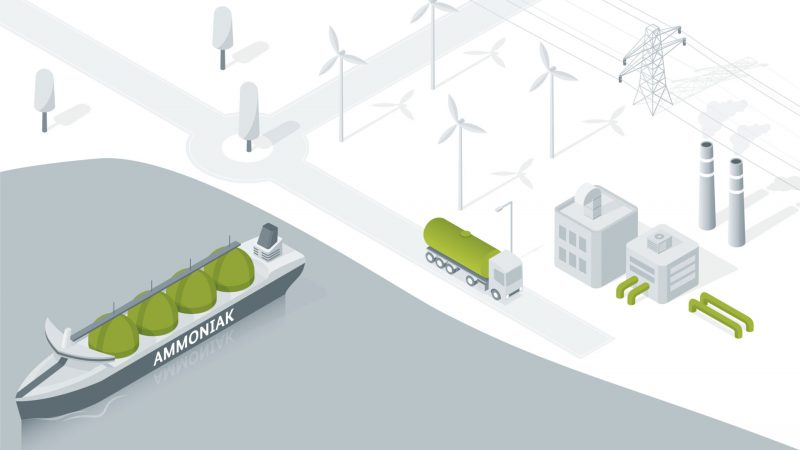Because hydrogen is a versatile energy carrier, it plays a central role in the energy transition. Hydrogen that is produced from renewable sources facilitates the decarbonisation of industry, transport, and the heating sector and is thus essential for sector coupling. Transport infrastructure that functions safely and efficiently is vital for the distribution and use of hydrogen in the various sectors.
TransHyDE is a flagship project initiated by the German Federal Ministry of Education and Research (BMBF) to support the practical introduction of methods to transport, distribute and store hydrogen and other chemical energies. This requires the fulfilment of technical and regulatory preconditions as well as the establishment of uniform specifications in the form of norms, standards and certification programmes. The TransHyDE ‘Standardisation and Certification’ research consortium (German: Normung, Standardisierung und Zertifizierung) is investigating these aspects holistically in order to identify regulatory gaps and develop solutions. TransHyDE projects will operate in parallel to demonstrate the feasibility of four different transport technologies. Thus, they will supply the practical results of the five TransHyDE research consortia.
Consortium
The BMBF is providing roughly €1.2 million to support the work of the six-member ‘Standardisation and Certification’ research consortium. Tasks and research areas are divided between members of the consortium. DVGW e. V. is responsible for overall coordination and for tasks related to grid-bound hydrogen transport. DVGW CERT GmbH heads the consortium’s research into certification issues related to grid-bound gas supply systems. The GWI takes over the responsibility for the topic of storage in pressure vessels. KIT ITES handles research about liquid hydrogen and serves as the point of contact for questions concerning port infrastructure and ship, road and rail transport. Inherent Solutions Consult (ISC) conducts research on ammonia-based hydrogen transport, while IKEM analyses the legal and regulatory questions relevant to the required processes.
Next Steps
Most consortium initiatives began on 1 April 2021. As a first major milestone, the inventory of all existing norms, standards and certification bases for the hydrogen transport options to be investigated should be completed in March 2022. This will be followed by a needs assessment to identify the requirements for creating, revising or expanding regulations, standards and certification methods. This step will include an extensive exchange with stakeholders, including authorities, associations, certification bodies and industry representatives.
Existing testing standards for TransHyDE demonstration projects will be reviewed and evaluated for applicability, with any necessary modifications identified in collaboration with stakeholders. This will make it possible to carry out a further step: the collection of data that can provide a sound basis for upcoming standardisation activities and for the development of testing requirements for certification programmes. The results will be presented in the form of a ‘standardisation and certification roadmap’, which will ultimately be translated into recommendations for action. This will facilitate the development of a work programme for the standardisation and regulatory work to be conducted in the short and medium term.




